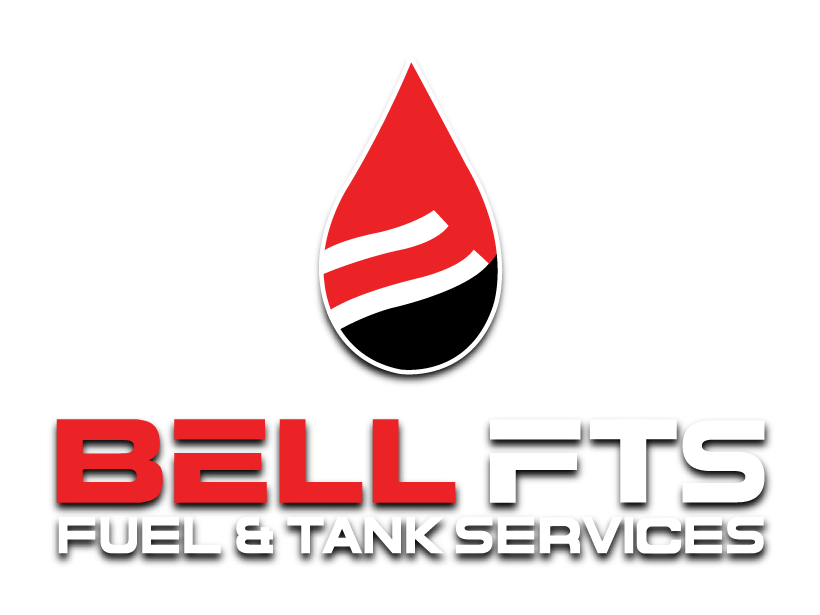Generator Owners
and Service/Dealers

Generator Owners And Service Companies/Dealers: Navigating The Hurdles From Today's Fuels
Hospitals, businesses, homeowners, government entities, data centers, and telecom groups share a common reliance on backup generator systems to ensure operations during emergencies. The functionality of these generators upon the first usage holds immense importance for these entities, as there is a substantial value placed on their proper operation and a significant penalty for any failure to deliver on-demand.
These entities, collectively referred to as "generator owners," are not the sole stakeholders contending with the challenges tied to generator-related issues. In addition to owning generators, most of these entities depend on generator service companies to maintain their generators in a state of readiness – often termed "service providers." These service providers, however, can face severe consequences, even if not at fault, if their customers' generators fail when needed. The unforeseen costs of unscheduled service calls further compound the challenges these companies encounter in addressing customer generator problems.
Curiously, the operational success of a generator upon demand is less determined by the generator itself and more influenced by the condition of the stored fuel it utilizes. This reality underscores the contemporary challenge – the distinct attributes of today’s generator fuels compared to their predecessors necessitate a different approach to maintenance and care.
Helping You Navigate These Hurdles
Today’s fuels for generators are not what they used to be, which means you've got to change how you think about generator care. That's true for owning a generators and for servicing your generator customers. They’re prone to developing microbe and water problems, much more quickly than ever before. Gums, varnish and sludge develop in generator tanks that, along with microbial infestations and biomass presence - these things can predict subpar generator performance (at best) or even outright failure (at worst) of the fuels to support full generator load at the most critical times.
In the case of the generator owner, that means every time they fire it up. Not to mention the problem that it’s difficult to know the exact condition that generator fuel is, especially when it comes to microbial presence. The average generator owner doesn’t have the tools to know what condition their generator fuel is in.
Overcoming this fuels challenge is a must for everyone in the generator business
Whether it's the generator (or system) owner or the service partner working with a customer base, Bell Fuel & Tank Services (Bell FTS) supports them with the right tools and the right approach for successful generator operation.
Because the fuels have changed so much, meaning generator care has changed so much, the Bell FTS program uses an industry-leading hybrid approach to generator fuel and storage tank issues. This means Bell FTS customers and partners have access to the most complete and effective solution available.
The Hybrid Approach To Combating Generator Problems
What's the hybrid approach to combat generator problems? It's recognizing that the best way to take care of generators and the fuel from which its problems arise is through the three-pronged approach of chemicals, mechanical fuel care, and testing. One of these alone isn't enough. You need all three of these elements.
Talk to a fuel additive company and they might say that fuel additives can do anything you need. Chemical fuel treatment do offer important benefits that proper generator (and fuel) care shouldn't ignore. They can help generators stay problem-free and ready for critical action. The best fuel treatment chemistries can prevent serious problems with microbes and MIC tank corrosion as well as keeping the fuel in optimal condition and, in addition, playing an important role in helping the generator run at its best. Biocides and dispersant treatments are important chemical treatments to eliminate destructive microbe problems that may otherwise compromise emergency generator operation. Cetane improvers give better diesel generator performance. Water eliminators to help combat water problems in generator fuel storage tanks. Sludge dispersants and anti-corrosion protectants round out the best practice chemical options for better storage tank health for generators.
Chemical treatments are one of the three important pillars necessary for generator owners and servicers. Yet, chemicals don't solve every problems. The Hybrid Approach from Bell FTS keeps you from falling into that trap.
Bell Fuel & Tank Services also provides the best mechanical tank services and fuel problem mediation, covering the essential elements of generator fuel health that fuel treatment chemicals can help with but can’t achieve alone.
That’s part of the Bell FTS difference. Generator owners and service providers get what they need without wasting time and critical budget resources on things they don’t.
But we haven't mentioned the third prong of the Hybrid Aproach - testing. In this approach, the essential chemical and mechanical elements are supported by state-of-the-art fuel and tank testing, as well as next-generation microbial detection and monitoring - all done to create a clearer picture both of whether the generator’s fuel is currently healthy AND what direction it’s heading toward.
Bell Fuel & Tank Services works to ensure that everyone involved knows what’s going on with the condition of their tanks and the fuel that their generators rely on. This fuel PM approach from Bell Fuel & Tank Services gives generator owners and service providers the best practice tools and resource they need to get the most from their backup generators.
Helpful Resources
What's My Fuel Health Score?
Webinar

Fuel Changes and How They Affect You
Webinar

Fuel Tank Contamination Checklist
Checklist

Protecting Stored Emergency Fuel: Best Practices For Success
Whitepaper

The Important Tank Health Signs You Can’t Afford To Miss
Checklist

Generator and Pump Tank Treatment Protocols – Biocide, Water Control & Stability
Tip Sheet

Top Ways Microbes Cause Fuel Headachesfor Generator Owners & Dealers
Tip Sheet

Health Checklist For Stored Fuels
Checklist

Hurricane Preparation Fuels Guide
Whitepaper

The Essential Fuel Tests Generator Dealers Need To Know About
Tip Sheet

The Fuel Tests you Need to Know About
Webinar





